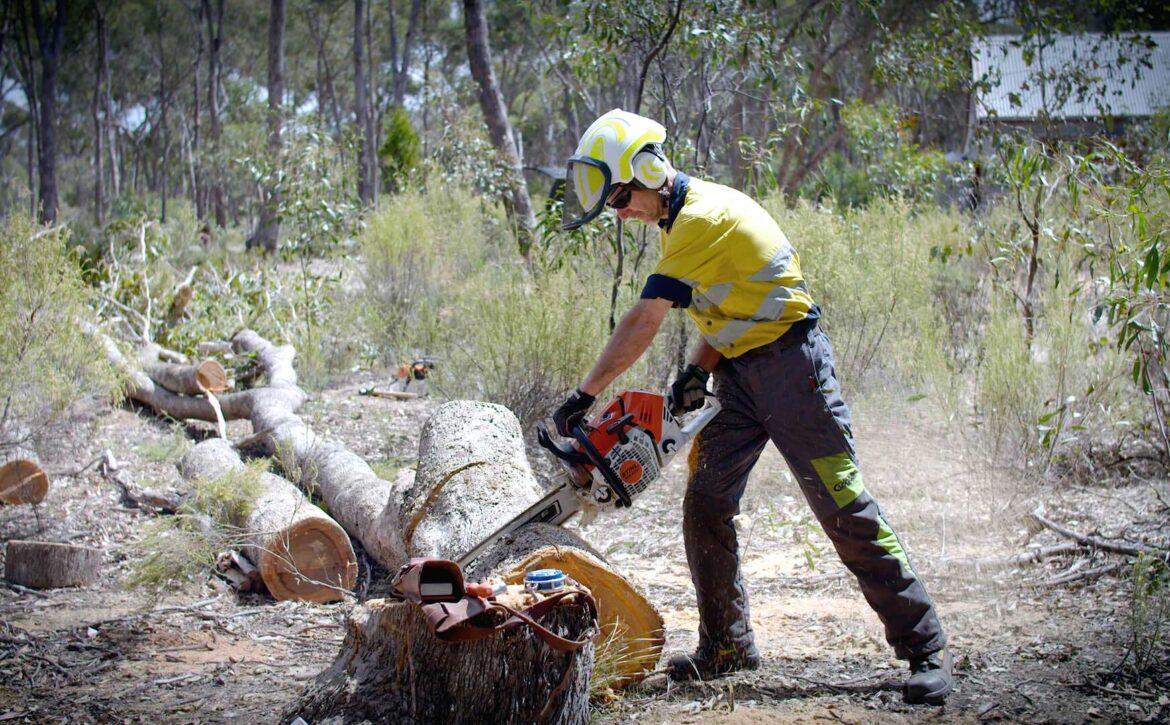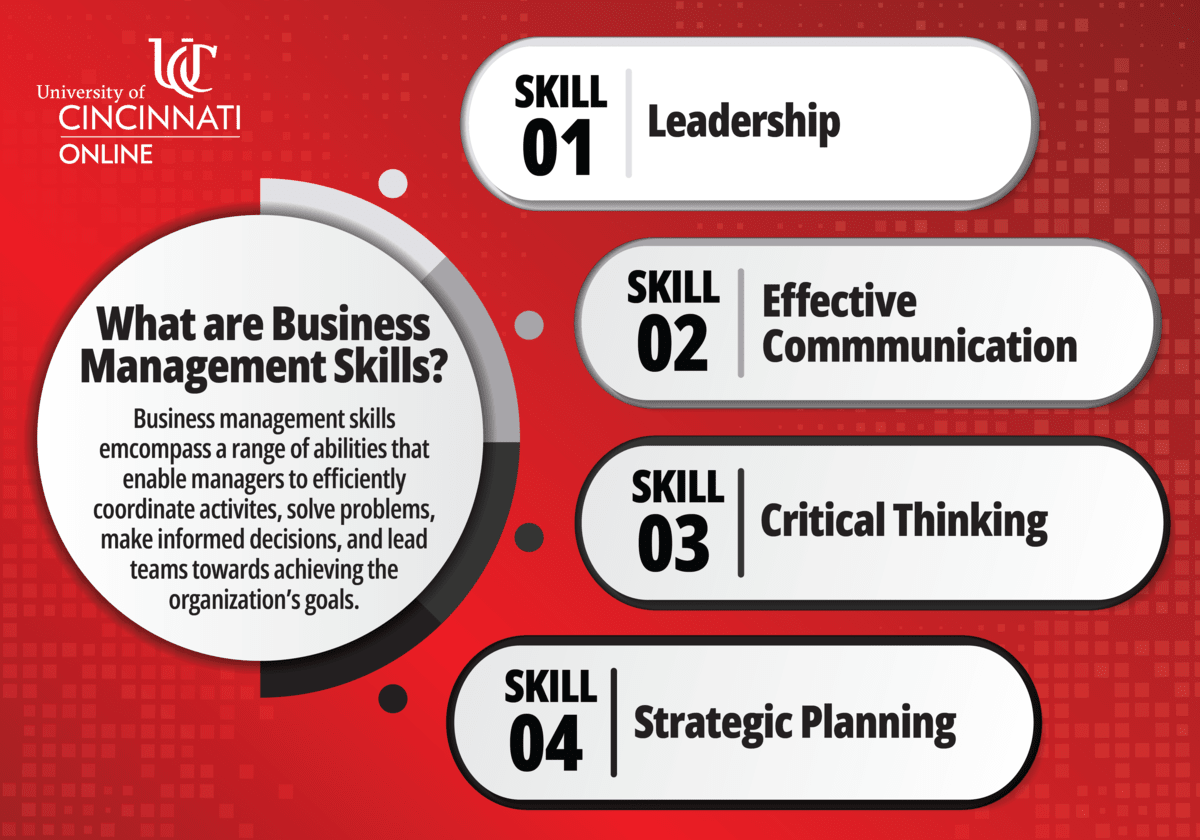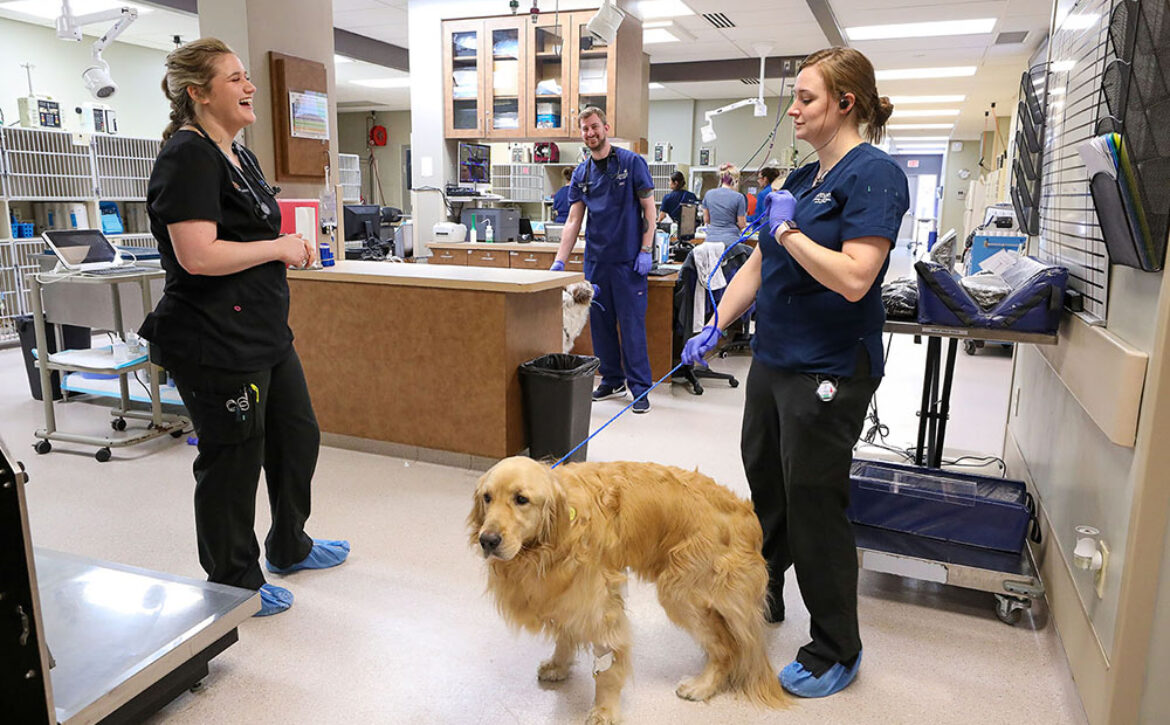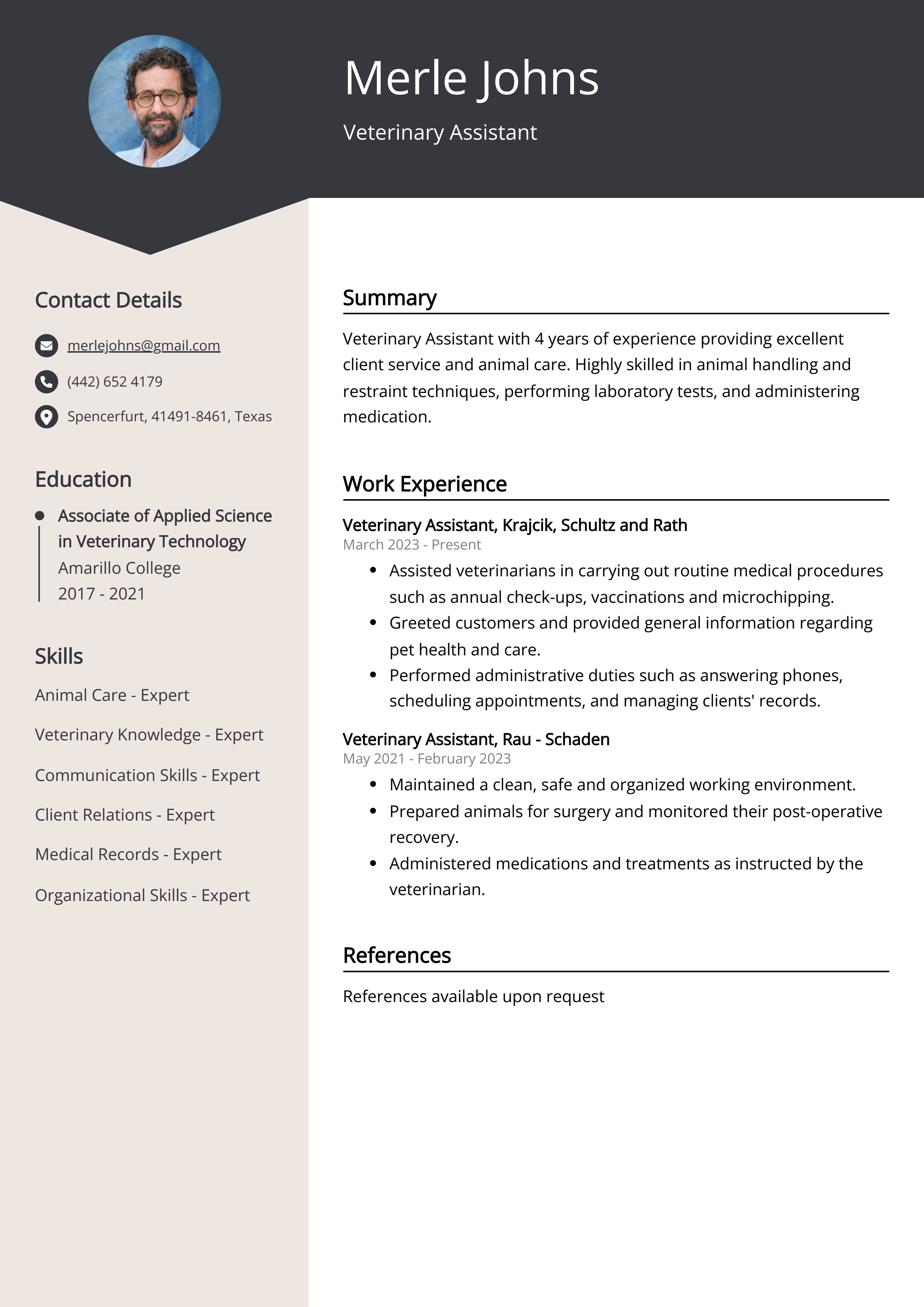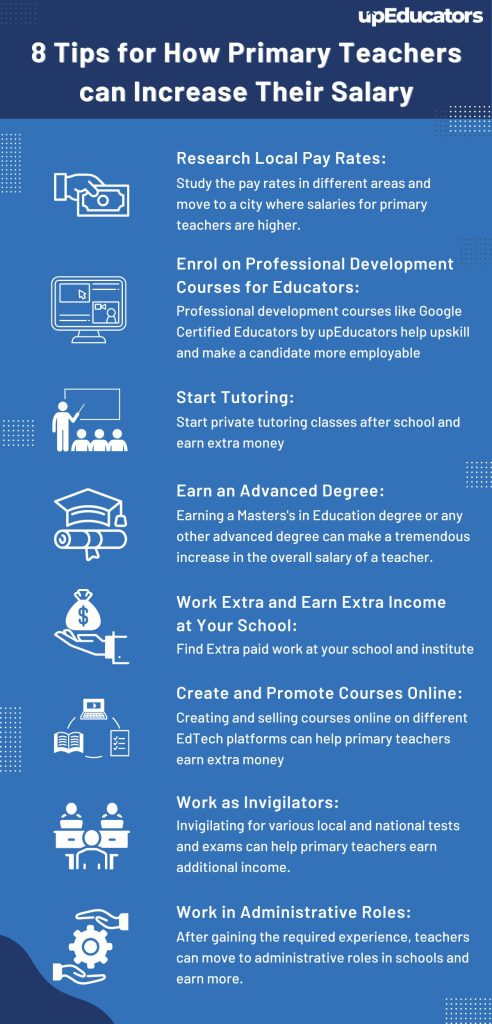How to Become a COSHH Training Course Expert: Your Guide
Are you looking to enhance your career and ensure a safer workplace? Understanding how to become a Control of Substances Hazardous to Health (COSHH) training course expert might be the key to unlocking new opportunities for you.
With workplace safety being a top priority, your ability to manage hazardous substances can make you an invaluable asset to any organization. Imagine being the go-to person who not only ensures compliance with regulations but also actively contributes to a healthier work environment.
This article will guide you through the steps needed to become proficient in COSHH training, empowering you to make a real difference. Ready to dive in? Let’s explore how you can master this crucial skill.
Understanding Coshh Regulations
Explore COSHH regulations to protect workers from hazardous substances. COSHH training courses teach safety measures and legal requirements. Boost workplace safety by understanding effective control methods.
Understanding COSHH Regulations is essential for anyone working in environments where hazardous substances are present. These regulations are designed to protect you, your colleagues, and the environment from the risks associated with dangerous chemicals. By grasping these rules, you can create a safer workplace and ensure compliance with legal standards.
What Are Coshh Regulations?
COSHH stands for Control of Substances Hazardous to Health. These regulations set out the legal requirements for managing hazardous substances. They apply to a wide range of industries, from manufacturing to healthcare. You might be surprised to learn how many everyday substances fall under COSHH. Cleaning products, paints, and even some plant materials can pose health risks. Understanding what is covered helps you identify potential hazards in your workplace.
The Importance Of Risk Assessment
Conducting a risk assessment is a key part of COSHH compliance. It involves evaluating the substances you use and identifying any risks they may pose. This step is crucial in creating a safe work environment. A well-executed risk assessment can prevent accidents and health issues. Imagine knowing a potential hazard and taking action before it becomes a problem. This proactive approach protects everyone involved.
How To Implement Control Measures
Once you understand the risks, it’s time to implement control measures. These could include using protective equipment, installing ventilation, or changing work processes. The goal is to minimize exposure to harmful substances. Think about the last time you saw someone using a mask or gloves at work. These simple tools can make a big difference in preventing health issues. Sometimes, small changes have a significant impact.
Monitoring And Review
After putting controls in place, it’s important to monitor their effectiveness. Regular checks ensure that your measures are working and identify areas for improvement. This ongoing process helps maintain safety standards over time. Consider setting reminders for periodic reviews of your safety measures. Staying vigilant keeps you ahead of potential issues and ensures a consistently safe environment. Is your workplace as safe as it could be?
Training And Communication
Training is crucial for understanding and implementing COSHH regulations effectively. Ensure that everyone in your workplace knows how to handle hazardous substances safely. Good communication fosters a culture of safety and compliance. Think back to a time when clear instructions helped you avoid a mistake. Proper training can provide that clarity, empowering everyone to contribute to a safer work environment. How can you improve communication in your workplace? By understanding and applying COSHH regulations, you take an active role in safeguarding health and safety at work. This knowledge not only protects you but also contributes to a more efficient and responsible workplace. Remember, safety is everyone’s responsibility. Are you ready to take the next step in COSHH training?
Benefits Of Coshh Expertise
Embarking on a journey to become an expert in Control of Substances Hazardous to Health (COSHH) training can open a world of opportunities. Understanding the benefits of COSHH expertise can empower you to ensure a safer workplace while advancing your career. Let’s dive into some compelling advantages that mastering COSHH training can bring to your professional life.
1. Enhanced Workplace Safety
With COSHH expertise, you gain the ability to identify potential hazards in your environment. This knowledge allows you to implement effective safety measures, reducing accidents and health risks. Imagine the satisfaction of knowing your proactive efforts are keeping colleagues safe.
2. Compliance With Regulations
Regulatory bodies mandate strict adherence to safety standards concerning hazardous substances. As a COSHH-trained professional, you ensure your company complies with these laws, avoiding costly fines. Your expertise makes you an invaluable asset in maintaining legal compliance.
3. Increased Employability
Companies value employees who can manage health and safety risks effectively. COSHH certification enhances your resume, making you stand out in the job market. Employers seek individuals with specialized skills, and your training positions you as a top candidate.
4. Cost Reduction
Effective hazard management translates to fewer workplace incidents. This reduction in accidents leads to lower insurance premiums and compensation claims. You contribute to significant savings for your organization by minimizing risks.
5. Personal Growth And Confidence
Gaining COSHH expertise boosts your confidence in handling hazardous substances. This newfound assurance can extend to other areas of your professional life. Have you ever experienced the thrill of mastering a challenging skill?
6. Contribution To Sustainable Practices
Understanding how to manage hazardous substances responsibly aligns with sustainable practices. You play a crucial role in minimizing environmental impact. This commitment to sustainability reflects positively on both you and your organization.
Embracing the benefits of COSHH training is more than just a career move. It’s an opportunity to make a tangible difference in the world around you. Are you ready to take the next step in your professional journey?
Qualifications And Prerequisites
Embarking on a COSHH Training Course can elevate your career in health and safety. Understanding the qualifications and prerequisites is crucial. This section outlines the necessary steps to start your journey. It helps you grasp what you need before enrolling.
What Qualifications Do You Need?
Most COSHH courses require no formal qualifications. Basic literacy and numeracy skills are sufficient. Some employers might ask for prior experience in a related field. This experience ensures you can apply the knowledge effectively. Always check the specific requirements of your chosen course.
Understanding Prerequisites
Each COSHH course might have different prerequisites. Some may need a basic understanding of workplace safety. Others might require familiarity with hazardous substances. Review the course description carefully to avoid surprises. Ensure you meet the necessary criteria before applying.
Importance Of Relevant Experience
Relevant experience can be beneficial for COSHH training. It helps you connect theoretical concepts with real-world situations. Experience in industries like manufacturing or healthcare is particularly useful. It provides a practical perspective on handling hazardous substances. Consider gaining some experience before starting the course.

Finding Accredited Courses
Discovering the right COSHH training course is essential for workplace safety. Focus on accredited courses to ensure compliance with health regulations. Proper training helps manage hazardous substances effectively.
Finding accredited COSHH training courses can be a pivotal step in ensuring safety and compliance in your workplace. When you equip yourself with the right knowledge, you not only protect yourself but also contribute to a safer environment for everyone around you. Knowing where and how to find these courses can make all the difference.
Research Accredited Providers
Begin your search by identifying accredited training providers. Look for courses endorsed by recognized health and safety organizations. Check their credibility by reading reviews and testimonials from previous participants. Ensure they offer comprehensive material that covers the key aspects of COSHH regulations.
Evaluate Course Content
Scrutinize the syllabus offered by different courses. It should cover hazard identification, risk assessment, and control measures. Confirm that practical examples and case studies are part of the curriculum. This helps you understand real-world applications of COSHH principles.
Flexibility And Format
Consider the format that suits your learning style. Are you comfortable with online courses or prefer in-person sessions? Many accredited providers offer flexible schedules, allowing you to learn at your own pace. Ensure the course includes interactive elements that engage and reinforce your learning.
Certification And Recognition
Verify if the course provides a recognized certification upon completion. This certification can be crucial in career advancement. Ask yourself, how credible is the certification in your industry? Having a respected certification can open doors to new opportunities.
Cost And Accessibility
Compare the costs of different courses. Sometimes, the cheapest option might not offer the best quality. Check if there are hidden fees or additional resources you might need to purchase. Accessibility is key—ensure the training provider offers support, should you face any challenges during the course. Finding the right COSHH training course is about aligning your needs with what the market offers. With the right course, you can be confident in your ability to handle hazardous substances safely. So, what are you waiting for? Start your journey towards a safer workplace today.
Key Components Of Coshh Training
Understanding the key components of COSHH training is crucial for workplace safety. This training helps identify risks and manage hazardous substances. It equips individuals with essential skills. These skills are vital in preventing accidents and ensuring a healthy environment.
Risk Assessment
Risk assessment is the first step in COSHH training. It involves identifying potential hazards. This helps in understanding how substances can cause harm. Once identified, the risks are evaluated. The next step is determining the level of risk. This ensures appropriate measures are taken to minimize dangers.
Control Measures
Implementing control measures is essential. It involves using equipment and procedures to reduce exposure. Protective gear and ventilation systems are common examples. These measures help in keeping workers safe. They also ensure compliance with safety regulations.
Emergency Procedures
Emergency procedures prepare individuals for unexpected incidents. This component covers steps to take during spills or exposures. Quick response is critical to minimize harm. Training includes evacuation plans and first aid. This ensures everyone knows their role during emergencies.
Record Keeping
Record keeping is vital in COSHH training. It involves documenting risk assessments and control measures. Accurate records help track safety practices. They also provide evidence of compliance with regulations. Keeping records organized aids in future audits and evaluations.
Effective Teaching Methods
Teaching the Control of Substances Hazardous to Health (COSHH) course requires skill. Effective methods make learning easier and more engaging. They turn complex information into simple lessons. This encourages students to understand and apply safety measures.
Interactive Learning
Interactive learning engages students actively. It creates a lively classroom atmosphere. Questions and answers form part of this method. This helps learners to think critically. Group discussions also play a role. Students share ideas and learn from each other.
Practical Demonstrations
Hands-on demonstrations are vital. They show real-life applications of COSHH principles. Students see how safety equipment works. They learn to handle substances safely. This boosts confidence in real-world scenarios. Demonstrations make abstract concepts tangible.
Case Studies
Case studies bring theory to life. They present real situations involving hazardous substances. Students analyze these cases. They identify risks and suggest solutions. This practice sharpens problem-solving skills. It prepares learners for workplace challenges.
Staying Updated With Industry Changes
Staying updated with industry changes is crucial for COSHH trainers. The field of hazardous substances constantly evolves. New regulations and safety standards emerge regularly. Being informed helps trainers provide current and effective guidance. It enhances both safety and compliance. Let’s explore effective ways to stay updated.
Continuous Professional Development
Continuous Professional Development (CPD) is vital for COSHH trainers. Regular training sessions enhance knowledge and skills. They provide insights into the latest safety practices. Attending workshops and seminars is beneficial. They offer hands-on experiences and case studies. CPD ensures trainers remain competent and confident.
Networking Opportunities
Networking offers valuable opportunities for learning. Engaging with peers in the industry is insightful. It provides access to shared experiences and challenges. Join professional groups and forums. These platforms facilitate discussions on new trends. Networking fosters a supportive community. It helps trainers learn from each other’s expertise.
Industry Publications
Industry publications are a rich source of information. They cover the latest research and regulatory updates. Subscribing to relevant journals and newsletters is useful. These resources keep trainers informed on best practices. Reading articles and reports enhances understanding. It ensures trainers maintain high standards of training.
Marketing Your Expertise
Gain essential skills in handling hazardous substances with a COSHH training course. Learn to manage risks effectively and ensure workplace safety. This training equips you with knowledge to protect health in environments with dangerous materials.
Marketing your expertise as a Control of Substances Hazardous to Health (COSHH) training course provider is crucial for reaching potential clients and standing out in a competitive field. You need to showcase your knowledge and experience effectively. This involves creating a professional image that communicates trust and capability to those seeking your services.
Building A Professional Portfolio
Start by compiling a comprehensive portfolio that highlights your certifications, experience, and successful training sessions. Include detailed case studies that outline specific challenges and how you addressed them. Consider adding visual elements like charts or infographics to make the information more digestible. A well-organized portfolio can be your strongest asset when potential clients are evaluating your qualifications.
Online Presence
Your online presence should reflect your expertise in COSHH training. Create a professional website that details your services, your background, and what sets you apart from other trainers. Use social media platforms like LinkedIn to share insights, articles, and updates about your training courses. Consistent activity online helps establish you as a thought leader in the field.
Client Testimonials
Leverage the power of client testimonials to build credibility. After completing training sessions, ask clients for feedback and permission to share their comments. Highlight testimonials that speak to your effectiveness, professionalism, and the positive impact of your training. Testimonials can offer potential clients reassurance and a reason to choose your services over others. By focusing on these strategies, you can effectively market your COSHH training expertise and attract more clients. How will you leverage these tools to enhance your professional reach?
Overcoming Common Challenges
Overcoming common challenges in COSHH training courses is crucial for effective learning and safety compliance. As you embark on this journey, you’ll face hurdles that need strategic solutions. Let’s dive into two key aspects: keeping learners engaged and addressing diverse learning needs.
Keeping Learners Engaged
Staying focused during a COSHH course can be tough. You might wonder, how do you keep everyone’s attention? Interactive elements are the answer. Incorporate quizzes, videos, and group discussions. These not only break the monotony but also encourage active participation.
Real-world stories make a difference. Share experiences from the workplace that highlight COSHH applications. This bridges the gap between theory and practice, making concepts relatable. When learners see the relevance, engagement naturally increases.
Involving learners in hands-on activities is another game-changer. Practical exercises allow them to apply what they’ve learned immediately. This not only reinforces the material but also boosts confidence in handling hazardous substances.
Addressing Diverse Learning Needs
Every learner is unique, and their needs vary. How do you cater to this diversity? Start by offering different learning formats. Some learners thrive with visual aids, while others prefer reading or listening. A mix of videos, written materials, and podcasts ensures comprehensive coverage.
Accessibility is key. Ensure materials are available in multiple languages or formats for those with disabilities. This inclusivity not only helps learners understand better but also fosters a supportive learning environment.
Regular feedback sessions can identify areas of improvement. Encourage learners to share their thoughts and experiences. This feedback can guide you in tailoring the course to meet diverse needs more effectively.
Have you ever struggled in a training course? Reflect on those experiences to better understand these challenges. By addressing them head-on, you can transform your COSHH training into an engaging and inclusive experience for everyone.
Frequently Asked Questions
What Is Coshh Training?
COSHH training educates individuals on managing hazardous substances safely. It helps identify risks and implement control measures. Participants learn to comply with regulations and ensure workplace safety. Training includes understanding safety data sheets and proper labeling. It’s essential for minimizing health risks and maintaining a safe work environment.
Why Is Coshh Training Important?
COSHH training is crucial for workplace safety. It helps prevent health risks associated with hazardous substances. Understanding proper handling, storage, and disposal reduces accidents. Training ensures compliance with regulations and promotes a safer work environment. It protects employees’ health and minimizes potential legal issues for businesses.
Who Needs Coshh Training?
COSHH training is essential for anyone handling hazardous substances. This includes employees in industries like manufacturing, healthcare, and cleaning. Supervisors and managers also benefit from understanding regulations and safety protocols. Proper training ensures safety, compliance, and effective risk management in workplaces dealing with hazardous materials.
How Long Does Coshh Training Take?
COSHH training duration varies by course. Typically, it lasts between half a day to one day. Some advanced courses may extend longer. Training includes theoretical knowledge and practical exercises. Duration may depend on the complexity of the substances handled and industry-specific requirements.
Conclusion
Embarking on a COSHH training course can enhance workplace safety. It empowers individuals to handle hazardous substances wisely. Understanding risks and precautions is crucial in any industry. This knowledge reduces accidents and promotes a healthier environment. For employers, trained staff means peace of mind.
For employees, it boosts confidence and competence. Everyone benefits from a safer workplace. Remember, safety is everyone’s responsibility. Taking a COSHH course is a proactive step. It ensures protection for you and your colleagues. Start your journey towards a safer work environment today.
Your future self will thank you.


